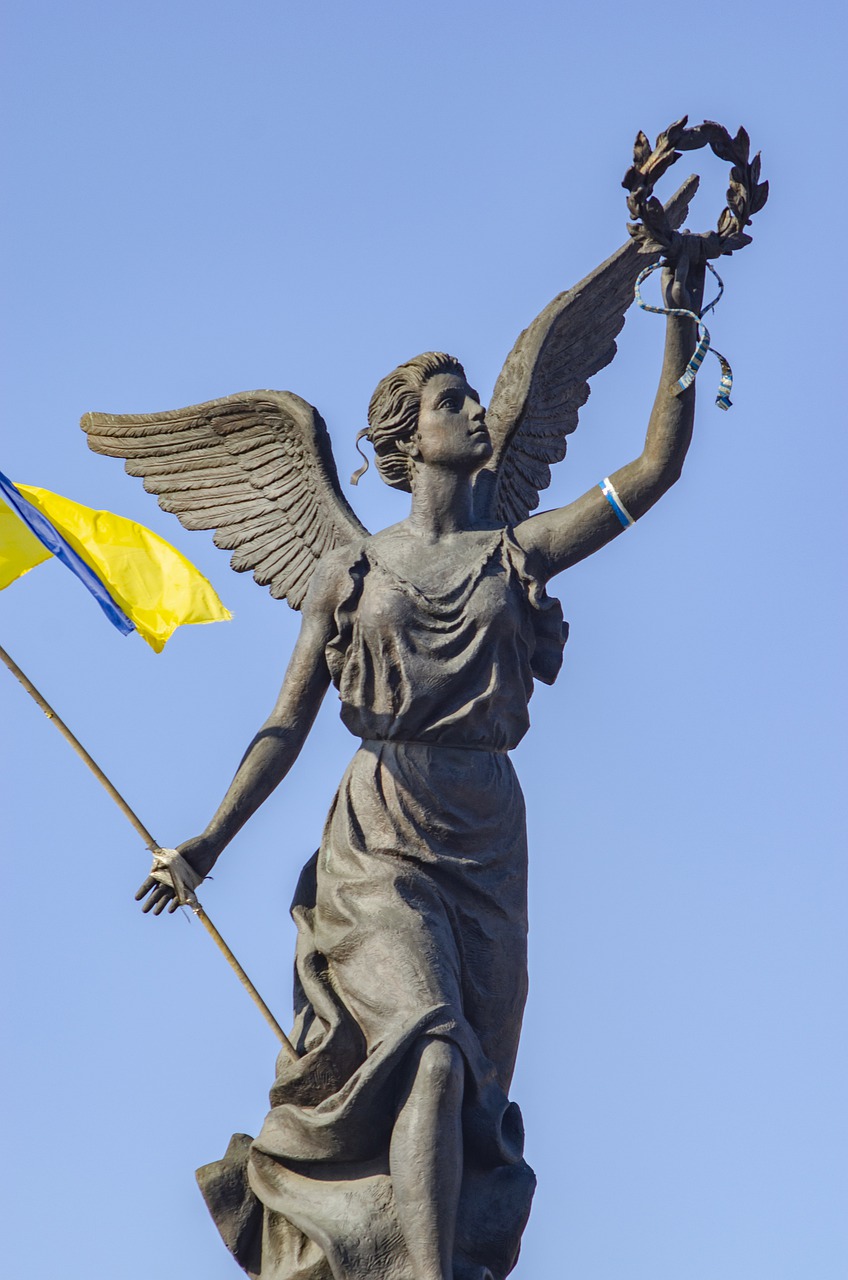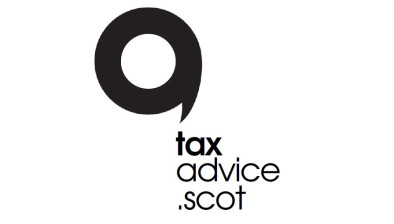Scots warned to be aware of scammers attempting to exploit Ukraine humanitarian crisis

Scots have been warned to be aware of scammers attempting to exploit the humanitarian crisis in Ukraine by taking advantage of people who want to help.
Advice Direct Scotland, which runs the country’s national consumer advice service consumeradvice.scot, highlighted a range of ways fraudsters might seek to target those trying to offer support.
These include donation scams, where attempts are made to lure people in with fake elaborate stories alongside requests for money.
The charity warned people to be wary of anyone requesting financial assistance for the burial of a loved one, or from people claiming to be “defending freedom”.
It also urged Scots to be cautious if they receive a request from someone claiming to be stuck in Ukraine or who says they need help with repatriation or travel costs.
Advice Direct Scotland said scammers may also use this opportunity to set up ‘spoof’ websites that look like those of official registered charities and fundraising sites like GoFundMe.
It said anyone who is unsure about a fundraising page, or the charitable efforts of an individual, should consider donating to organisations already providing support in Ukraine like the British Red Cross, the Disasters Emergency Committee (DEC) appeal, or another registered charity.
Financial and banking scams could also see people being asked to assist in ‘moving money out of’ Ukraine - but could result in them being charged or even becoming implicated in money-laundering activities.
Advice Direct Scotland said investment scams are also a potential risk, as fraudsters may claim to offer opportunities that have only become available due to the current situation. It warned people that if opportunities sound unrealistic or too good to be true, then they probably are.
Other types of potential scams may be those using “deepfake” technology, which involves editing and manipulating video footage to spread false information on social media or on YouTube by making it appear the message is coming from an official source.
The charity encouraged people to fact-check for false information, and not to take videos and social media posts at face value. It also said people should not be caught out by energy scams relating to recent price increases, which may see fraudsters offering reduced energy prices or short-term special deals to enter fixed-rate tariffs because of the current situation.
Advice Direct Scotland said the situation in Ukraine could trigger a rise in romance scams, which work off the emotional connection that scammers build with their targets.
Colin Mathieson, spokesperson for Advice Direct Scotland, said: “Scammers often use political and world events to take advantage of people and their good nature, and the current tragedy in Ukraine will be no different.
“We saw various scams perpetrated against Scottish consumers throughout the Covid pandemic through channels like social media, email, text messages, phone calls and even on the doorstep.
“And with the situation escalating in Ukraine - along with increased news coverage on the evacuation and humanitarian efforts - it is highly likely scammers will take advantage of this situation too.
“This may include unsolicited contact requesting monetary donations, and/or personal and banking information, which seeks to play on the emotions of people that want to help.”
He added: “We would advise people who want to help to consider donating to organisations that are already providing support in Ukraine, such as the DEC appeal, the British Red Cross or another registered charity.
“It is important to remain vigilant and report scams and suspicious activity to the correct authorities.”







